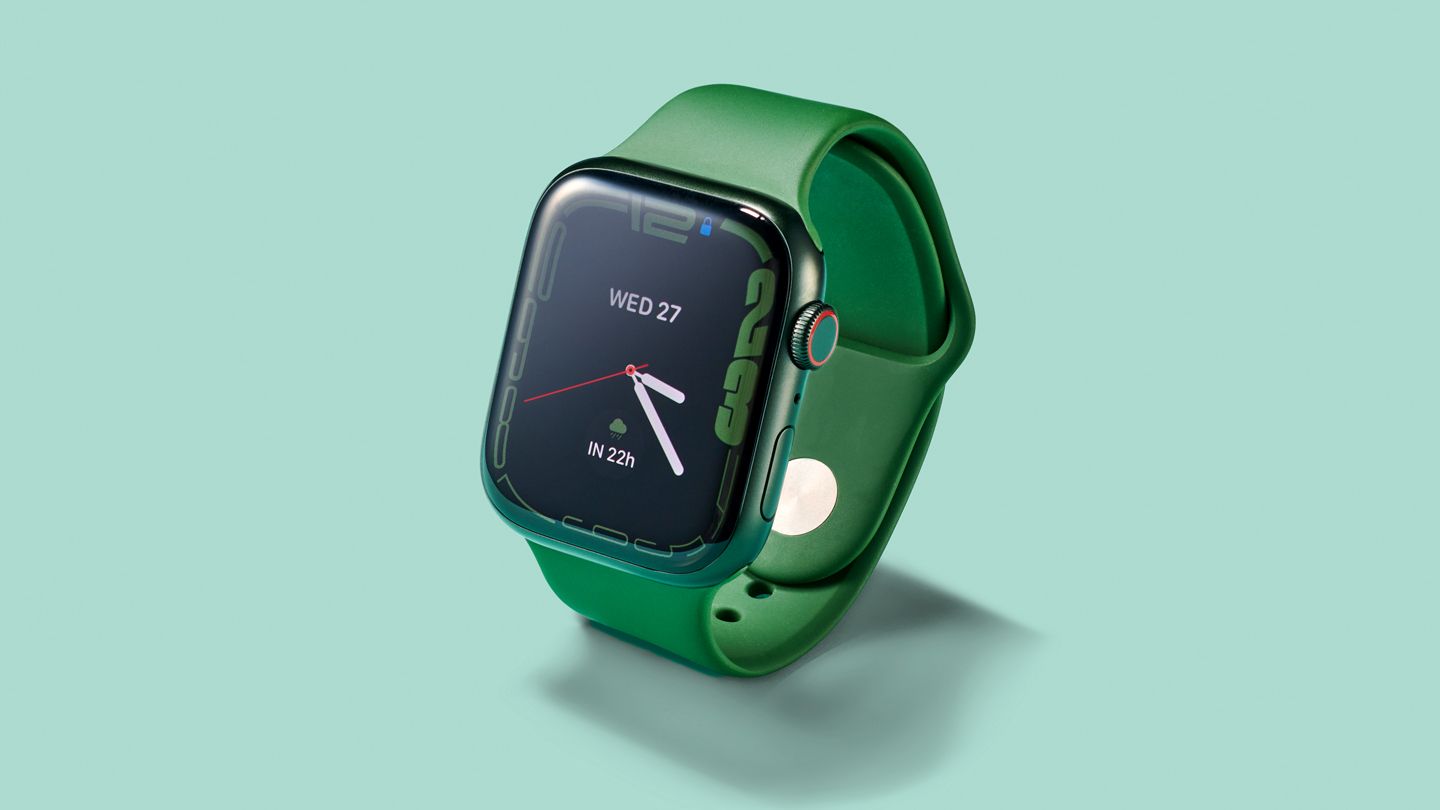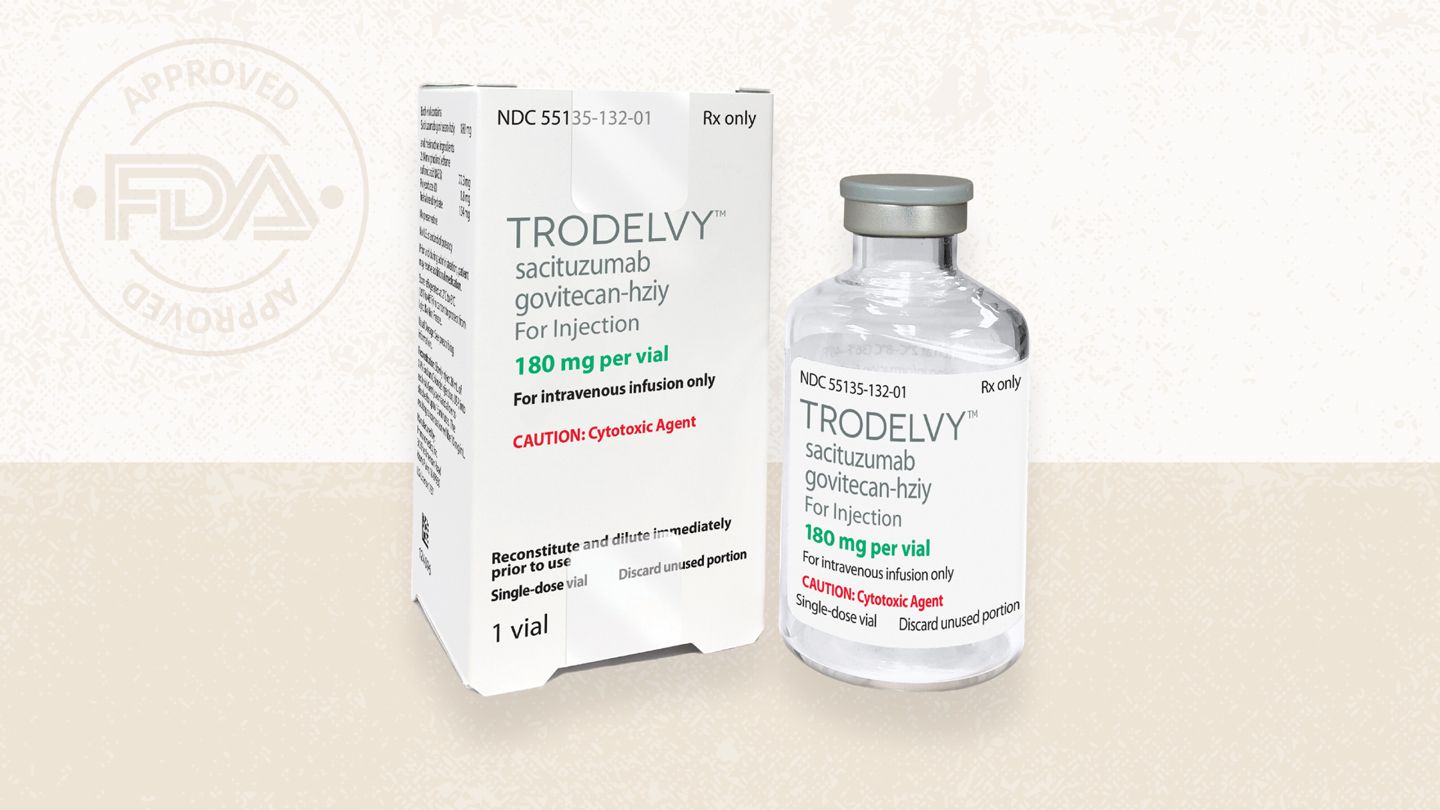People with inflammatory bowel disease (IBD) may be able to get an early warning sign of an oncoming flare from their smartwatch, a new study suggests.
For the study, researchers asked 125 people with one of two types of IBD — ulcerative colitis or Crohn’s disease — to complete daily surveys about their symptoms and wear an Apple Watch to measure their heart rate. Because some previous studies have linked increased heart rate variability to IBD flares, scientists wanted to see if the Watch could detect these changes and predict flares.
On the basis of patient-reported symptoms, heart rate variability detected by the Watch was higher when people were experiencing symptomatic flares and increased inflammation, according to preliminary study findings presented at the Crohn’s and Colitis Congress 2023 in Denver.
“Currently IBD flares can be difficult to predict and identify early,” says the lead study author, Robert Hirten, MD, a gastroenterologist and an associate professor at the Icahn School of Medicine at Mount Sinai in New York City.
“A convenient and passive system enabling detection of flares, such as through the use of wearable devices, would improve our ability to monitor the disease,” Dr. Hirten says. “If we can reliably identify a flare or predict that one will be occurring, before it starts, this would help individuals to reconnect with their doctors, assess their inflammation and current condition, and assure their treatments are optimized or allow closer monitoring over the coming weeks to months.”
While this study looked only at the Apple Watch, it’s possible that other widely available wearable devices like Fitbits or Oura Rings may similarly detect heart rate variability and help predict IBD flares, Hirten says.
A lot more research is needed before patients might be able to rely on wearables to predict flare-ups of symptoms or inflammation outside a clinical trial setting. The preliminary study findings weren’t published in a medical journal or reviewed by independent experts to verify the results.
Early Detection of an IBD Flare Can Aid Recovery
One thing that will need to be explored in future research is whether other factors might be contributing to heart rate variability that are unrelated to IBD, says David Rubin, MD, a professor of medicine and the director of the digestive diseases center at the University of Chicago, who wasn’t involved in the study. Many factors, including stress, smoking, sleep habits, and certain medications, can influence heart rate variability.
While research on the use of wearables to predict flares is still in the early stages, plenty of studies have documented the link between heart rate variability, heart rhythm disorders, and IBD flares. One study, published in the July 2022 Journal of Psychosomatic Research, found that children with IBD had much greater heart rate variability during symptom flares. Another study, published in November 2020 in Trends in Cardiovascular Medicine, found an increased risk of atrial fibrillation — an irregular rapid heartbeat — and heart failure — a heart pumping disorder that also involves an irregular heartbeat — during IBD flares.
According to earlier research and results of the new study, the concept of using a wearable device like the Watch to continuously monitor IBD patients holds potential, Dr. Rubin says. “The idea is to detect relapse before patients feel it, and allow for adjustment in treatment to prevent complications or progression of the disease,” Rubin says.
Right now, many patients don’t realize they’re experiencing IBD flares until symptoms start to compromise their quality of life, Rubin says. At that point, they may have missed a window for earlier, more effective interventions.
“What usually happens is that a person may just be living with active inflammation and active symptoms until they see their doctor or nurse and then have labs or get scheduled for invasive testing like colonoscopy,” Rubin says. “The concept of wearable technology providing real-time prediction is a great opportunity to shorten this prolonged period of delay.”




